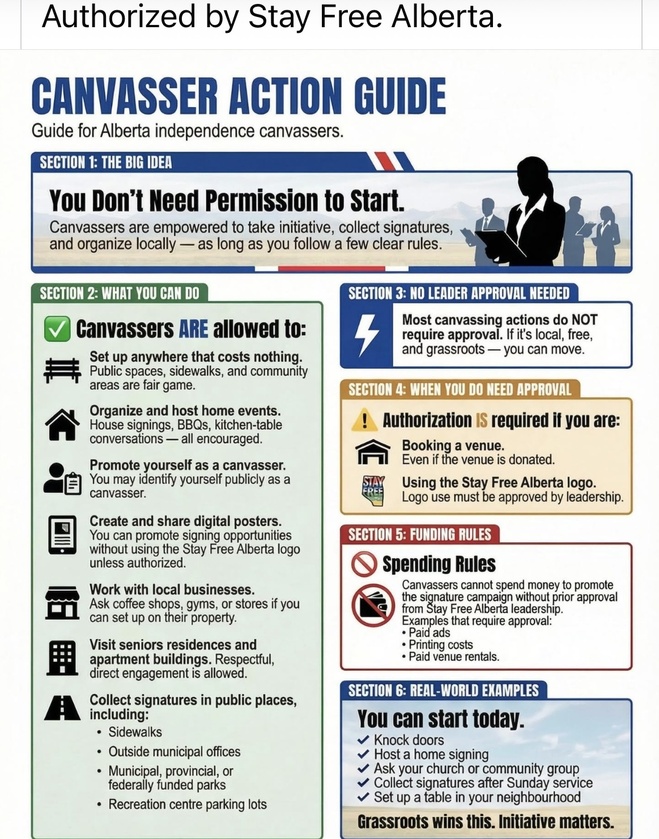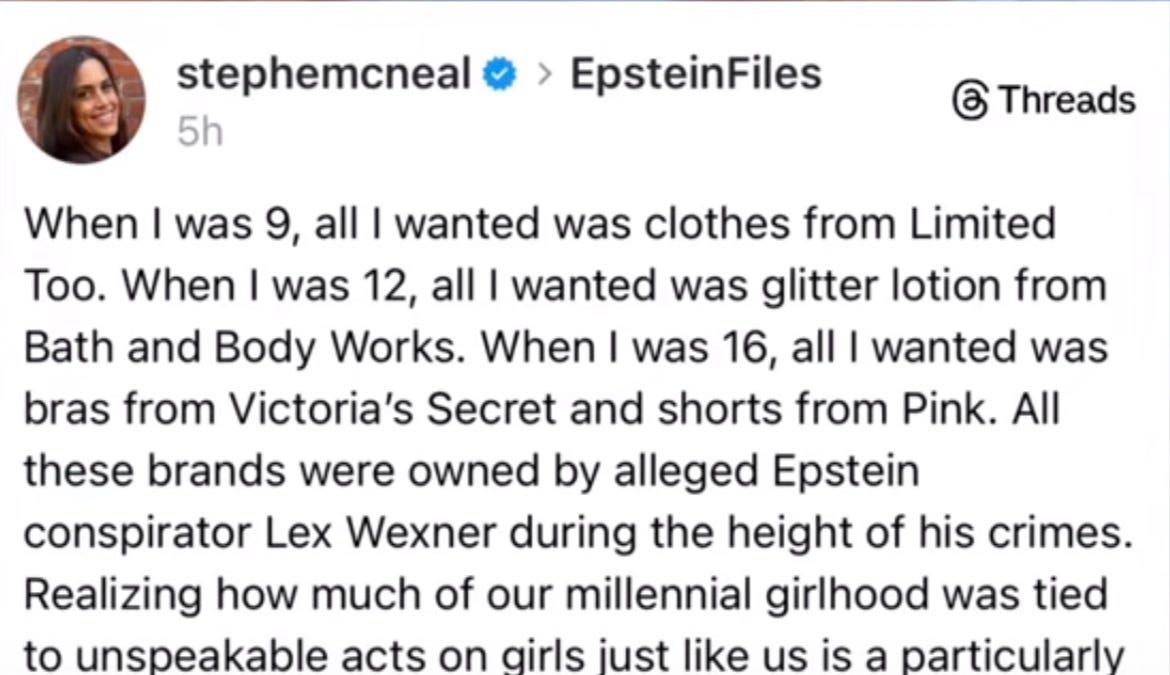We are committed to sharing news, stories, events and opinions that ensures our province stays free, united and independent from the overreach of the Federal government.
All are welcome and respectful debate is encouraged. Please join with the intention of participating. Proceeds are donated.
Canadians about to attend Remembrance Day ceremonies across the country could come across different proceedings than they’re used to, as the military has told its chaplain service that religious prayers in official public functions are now forbidden.
“While the dimension of prayer may occupy a significant place for some of our members, we do not all pray in the same way; for some, prayer does not play a role in their lives,” says the Oct. 11 directive obtained by The Epoch Times.
“Therefore, it is essential for chaplains to adopt a sensitive and inclusive approach when publicly addressing military members,” says the directive signed by Chaplain General Brigadier General Guy Belisle.
RELATED STORIES
Cyberattacks Hit Military, Parliament Websites as India Hacker Group Targets Canada
9/28/2023
Cyberattacks Hit Military, Parliament Websites as India Hacker Group Targets Canada
Trudeau Contradicts Defence Officials on $1 Billion in Cuts to Military
10/5/2023
Trudeau Contradicts Defence Officials on $1 Billion in Cuts to Military
In practice, this means that a chaplain, or padre as they’re commonly known in the ranks, cannot recite from the Bible or allude to God while participating in ceremonies and public functions. Instead, the “spiritual reflection” must be “inclusive in nature, and respectful of the religious and spiritual diversity of Canada.”
The move is part of the larger cultural change process in the Canadian Armed Forces (CAF) implemented by the Liberal government, which aims to put principles of diversity, equity, and inclusion (DEI) at the core of the organization.
For public reflections, the directive tells chaplains they must “carefully choose words that are inclusive” and that they should use a language “mindful of the Gender Based Analysis (GBA+).” This in effect prohibits chaplains from referring to a “Heavenly Father.”
Along with enforcing a language code to padres, the directives also will remove the traditional scarves chaplains wear, which bear the crests of their respective religions. A Christian chaplain has a cross, a Jewish one has a star of David, a Muslim one has a crescent, and so on.
Advertisement - Story continues below
“Chaplains must consider the potential that some items or symbols may cause discomfort or traumatic feelings when choosing the dress they wear during public occasions,” says the directive.
The Faith Tradition crests will be replaced by the crest of the Royal Canadian Chaplain Service (RCChS).
The decision comes after the Minister of National Defence Advisory Panel on Systemic Racism and Discrimination released a report in January 2022 that was critical of religion in general.
A section on the CAF chaplaincy said that “religion can be a source of suffering and generational trauma,” especially for LGBT individuals and indigenous people.
"Some chaplains represent or are affiliated with organized religions whose beliefs are not synonymous with those of a diverse and inclusive workplace," it added.
Along with DEI principles influencing the decision to change the directive, Brig. Gen. Belisle says the RCChS conducted an in-depth analysis of a Supreme Court decision from 2015. The directive cites Mouvement laïque québécois v. Saguenay (City), which pertains to a self-proclaimed atheist complaining about the Saguenay city council reciting a prayer before meetings.
“The evolution of Canadian society has given rise to a concept of neutrality according to which the state must not interfere in religion and beliefs,” wrote the Supreme Court. “The state must instead remain neutral in this regard, which means that it must neither favour nor hinder any particular belief, and the same holds true for non-belief.”
Brig. Gen. Belisle’s directive says the policy will be enforced through education in vocational school and by taking disciplinary action against chaplains who do not comply with the directive. This includes withdrawal from the CAF chaplaincy.
Department of National Defence spokesperson Derek Abma says the directive does not apply to other non-official settings.
“In a chapel, chaplains may always offer prayer consistent with their own spiritual and faith traditions,” he told The Epoch Times in a statement. It also does not apply to voluntary settings where CAF members or their families “gather for worship or study, or in the context of pastoral care.”
Mr. Abma did not deny that religious prayers are now forbidden on events such as Remembrance Day.
“The Chaplain General’s directive on chaplains’ spiritual reflection in public settings clarifies that on occasions where CAF chaplains are asked to address public ceremonies and functions in which CAF members are required to attend, they will offer words of reflection that respect the diversity of belief of those gathered, including those who do not hold religious or spiritual beliefs,” he said.
An active military chaplain, who requested anonymity to avoid reprisals, told The Epoch Times the new policy is a violation of a covenant Canadians have with the war dead. He says he thinks Canadians would not want to attend a Remembrance Day ceremony in which our dead are not honoured in prayer.
“As a military chaplain, I believe we have moral and spiritual obligations, we have a covenant with the dead,” he said. “Most of those who fought in the Great Wars did so for God and country, and deserve to be honoured in that way. This new policy is first and foremost a violation of that covenant.”
The serving chaplain says the policy is also self-imposed and was not needed, given that the previous policy on public prayer was already “highly inclusive” and “robust.”
He says the policy is destroying traditions in the name of “diversity,” which he says is philosophically contradictory.
“None of this is surprising. They have to gradually remove God from the public square in order to push all these radical agendas we are now seeing," he said. “It’s not about 'remaining neutral,' it’s about replacing traditional religion with the new state religion of progressivism.”
Use these discount codes to get 1/2 price subscription.
Monthly FREEALBERTA -$1
Annual GWDISCOUNT- $12
Canvassers, you don’t need permission to start.
Stay Free Alberta canvassers are empowered to take initiative in their communities — collecting signatures, organizing locally, and having real conversations with Albertans.
If it’s volunteer-driven, grassroots, and costs nothing, you can move forward.
Knock doors.
Host a home signing.
Set up in public spaces.
Engage respectfully.
We follow Elections Alberta rules at every step — no unauthorized spending, no paid ads without approval, and proper authorization on all official materials.
Grassroots wins this. Initiative matters.
Authorized by Stay Free Alberta.

I am not sure why God allows this evil to exist among the righteous or even just the decent. I am not sure how humanity reconciles itself to accept that our fellow "man" is so abhorrent. I know in the animal kingdom these demons would be ripped apart in favor of protecting their young. We need an army of Archangel Michaels to clean this garbage from the planet with the help of the righteous. "May he who is without sin cast the first stone" be damned, there is sin then their is evil and evil must be eradicated. No "prosecution" we don't need to waste time or money on this, their time is limited.














